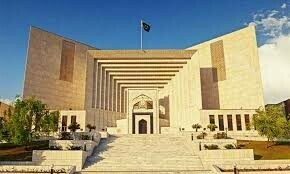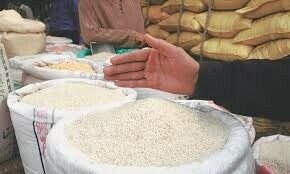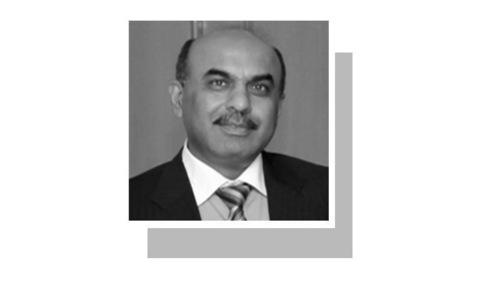LAHORE, May 10: Federal Board of Revenue (FBR) Chairman Muhammad Abdullah Yousaf says the economy is under severe pressure owing to unprecedented increase in petroleum products and food prices.
Addressing industrialists and businessmen at the Lahore Chamber of Commerce and Industry on Saturday, he said POL products import bill would reach $11 billion this year. Foreign currency reserves had reduced from $16 billion to $13 billion due to increase in petroleum prices.
The currency was also under pressure and cost of industrial production, electricity, gas and transport were going up. Revenue target of Rs1,025 billion had been revised and reduced to Rs990 billion.
He said power shortage had created serious problems in industrial production. The power supply position was, however, expected to improve next week as the Wapda chairman had informed him that 4,000MW gap between demand and supply was expected to be halved with 2,000MW after increase in hydel power generation following commencement of release of water from dams for irrigation.
He said the public and private sectors should work in unison to increase the competitiveness by tackling the issues like gaps in technology and skill development, economy of scale and management for survival in globalised world because there was also a slowdown in Europe after the US.
The private sector should give out of box recommendations for budgetary measures to facilitate increase in investment for the revival of industry.
He said the number of taxpayers had increased from one million to over two million during the past two years but the number required to be increased further.
He said the fiscal deficit would have to be cut down because the country was not in a position to bear it for long. Tax to GDP ratio also required to be increased. He said the government had made five export-oriented sectors comprising 80 per cent of economy zero-rated for sales tax in 2005 because its collection and refund was a non-productive exercise. Exemption of the remaining 20 per cent sector from sales tax was also under consideration.
He said sales tax had been reduced from 23 per cent to 15 per cent. The government was ready to reduce the tax rate further but it would also require increase in revenue through other sources.
He said the government would consider reduction of 25 per cent customs duty on import of pre-fabricated buildings because the existing rate of 25 per cent was very high. He said 0.2 per cent withholding tax on cheques of Rs25,000 or above was only for those out of the tax net. The levy paid by those in tax net was refundable.
He said all the taxpayers registered with sales tax would be required to file their returns electronically from July. The computerised system would identify and match the returns. He said Customs Minister of China had agreed to share data on exports with Pakistan during his recent visit there.
A similar agreement had reached at with the UAE. The data would help the government control over-invoicing and under-invoicing.
He said the government wanted to bring down the rate of customs duty on import of raw material to the minimum possible as a matter of policy for the protection of local industry but the levels of protection had to come down with the passage of time according to the WTO requirements. The import of 4,000 items had been made zero-rated already. Corporate tax had been reduced from 66 per cent to 37 per cent since 2001.
Chamber president Muhammad Ali Mian said a viable policy was required for resolving the serious economic crisis which had reduced the manufacturing sector production by 50 per cent. He said the confidence of business community in government had helped 100 per cent increase in revenue. The government should take measures for expansion of tax net for further increase in revenue to Rs1,500 billion instead of increase in tax on existing taxpayers. —Reporter













































Dear visitor, the comments section is undergoing an overhaul and will return soon.